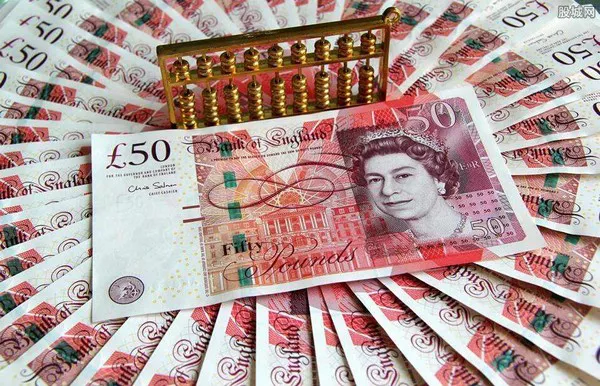In the world of weights and measures, the term “pound” is ubiquitous. Whether you’re discussing groceries, body weight, or precious metals, the pound is a unit that resonates across diverse contexts. Have you ever wondered why this unit is called a pound? Delving into the historical roots of the term reveals a fascinating journey that spans centuries and connects various cultures. In this article, we will explore the etymology and historical significance of the word “pound.”
The Origins of the Pound
The word “pound” has its origins in Latin, where it was known as “libra pondo.” The term “libra” referred to a Roman unit of weight, and “pondo” meant “by weight.” The combination of these words denoted a unit of weight measured by balance, setting the foundation for the pound we recognize today. The abbreviation “lb” for pound is derived from the Latin word “libra.”
Roman Influence on Weights and Measures
The Roman pound, or libra, was not the only unit of weight in ancient times, but its influence on Western measurements has been profound. The Romans, known for their meticulous engineering and administrative prowess, standardized many aspects of daily life, including weights and measures. The libra was utilized not only in trade but also in the apothecary, where it served as a crucial measure for medicinal ingredients.
The Spread of the Pound
As the Roman Empire expanded its influence across Europe, the libra became ingrained in the cultures of the conquered territories. The pound, as a unit of weight, started to take root in various languages. The Germanic tribes, for instance, adopted the term “pfund,” while the French used “livre.” The pound was on its way to becoming a universal unit of weight, transcending linguistic and cultural boundaries.
Medieval England and the Pound Sterling
The pound’s journey reached a significant milestone with the establishment of the British monetary system. In medieval England, the pound became synonymous with the currency itself. The pound sterling, the official currency of the United Kingdom, reflects this historical connection. The term “sterling” is believed to have originated from the Old Norman word “esterlin,” meaning “little star,” which adorned early Norman pennies.
The use of the pound in currency was formalized in the 8th century during the reign of King Offa of Mercia. He introduced the silver penny, which was equivalent to one pound of silver, laying the groundwork for the English monetary system. Over time, the pound sterling became a symbol of economic stability and trade prowess, earning the trust of merchants and traders across Europe.
Troy Pound vs. Avoirdupois Pound
The evolution of the pound did not stop with the establishment of the pound sterling. Over the centuries, different variations of the pound emerged, catering to specific industries and trade practices. One notable example is the Troy pound, widely used in the trade of precious metals. Named after the city of Troyes in France, a major medieval trading center, the Troy pound is divided into 12 troy ounces, distinct from the avoirdupois pound used for most other goods.
The avoirdupois pound, often referred to simply as the “pound,” is the most commonly used unit of weight in the United States and many other countries. It is divided into 16 avoirdupois ounces, each equivalent to 28.3495 grams. The choice of the avoirdupois system for general trade and commerce further emphasizes the adaptability and versatility of the pound across different applications.
See also What is GBP money? A Comprehensive Overview
Conclusion
In tracing the roots of the term “pound,” we embark on a journey through the annals of history, encountering the influence of ancient Rome, the standardization of weights and measures, and the establishment of the pound sterling in medieval England. The evolution of the pound reflects the interconnectedness of cultures, the pragmatism of trade, and the importance of standardized systems in facilitating commerce.
As we continue to use the pound in our daily lives, whether for measuring ingredients in the kitchen or discussing economic indicators, we are perpetuating a tradition that has endured for centuries. The pound’s versatility and adaptability underscore its enduring relevance, making it a unit of weight that transcends time and borders.


